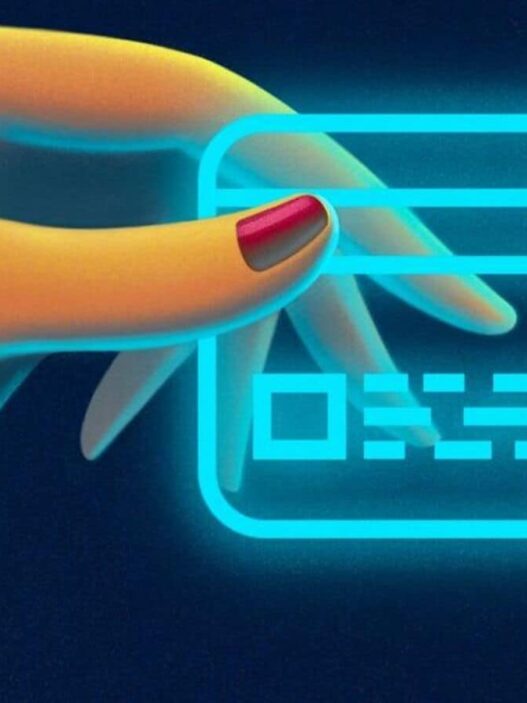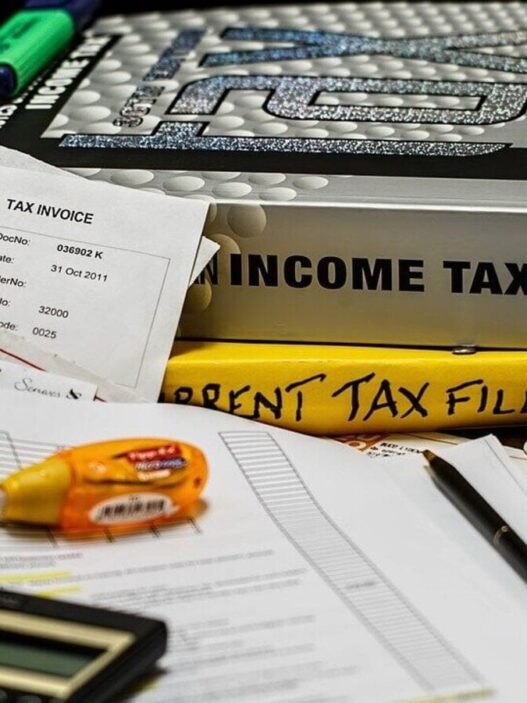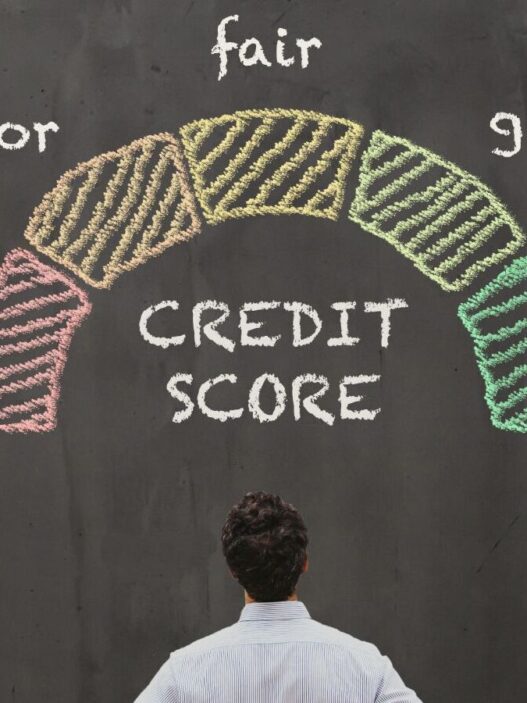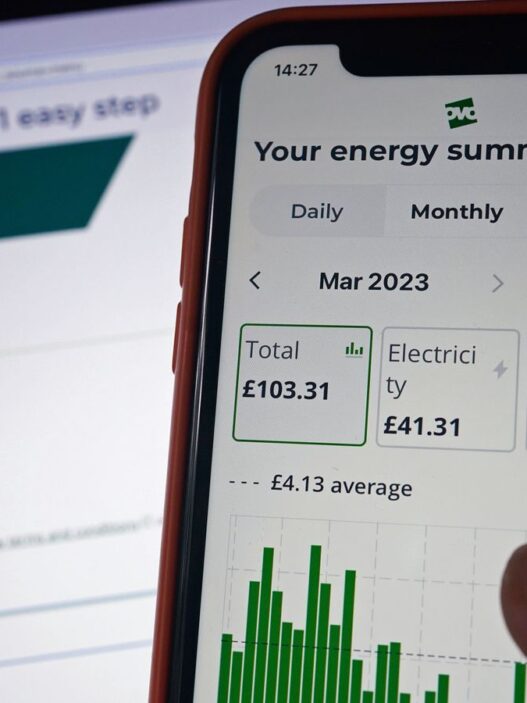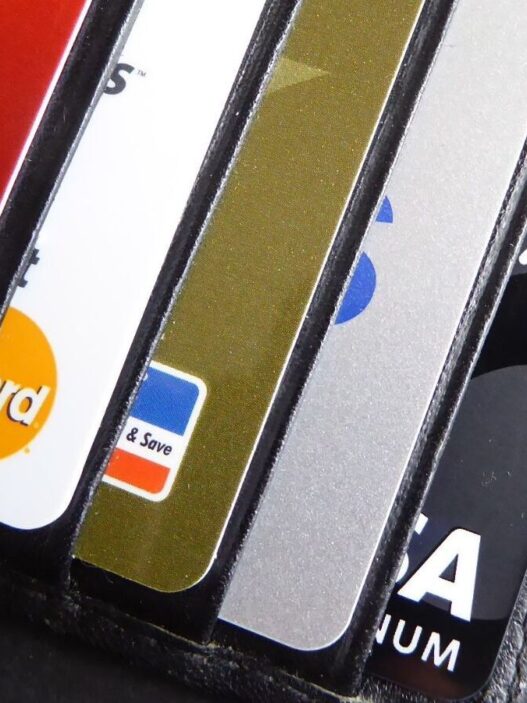In November 2024, the Reserve Bank of India released the report on Trend and Progress of Banking in India. As per the report, a total of 18,461 banking operations frauds involving Rs. 21,367 crores were reported in FY 2023-24 till September end. Of these, the maximum number of frauds (13,133) were related to cards and the internet.
With credit card-related fraud on the rise, cardholders must be vigilant to protect themselves from becoming fraud victims. In this article, we will understand some of the types of credit card fraud and how you can protect yourself against them.
What is credit card fraud?
Credit card fraud is unauthorised usage of a credit card for a financial transaction without the cardholder’s consent. Fraud can be done by stealing an individual’s physical credit card or hacking/stealing the individual’s card/personal information and using it for a fraudulent transaction. Please note that international transactions don’t need a one-time password (OTP) to validate the transaction. Hence, if a fraudster gets your card details like card number, expiry date, CVV number, etc., they can use it for fraudulent international transactions.
Types of credit card frauds
Now that we understand what credit card fraud is, let us look at some of the common credit card frauds in India.
Phishing and vishing
In this type of fraud, you will be asked to reveal your credit card information, like card number, expiry date, CVV number, etc. Fraudsters use various methods to extract this information from the cardholder using emails, SMS, WhatsApp messages, phone calls, etc. You may get a mobile call or a message through the above-mentioned communication modes asking for card information. Some examples include:
- Your credit card is expiring, and the information is required for validation for sending the renewed card.
- Your reward points are expiring, and the information is required for validation to extend the expiry date or convert the points into cash and transfer them to your bank account.
- Your credit card limit is being increased, or your card is being upgraded to a higher variant, and the information is required for validation.
- Re-KYC needs to be done on your card, and hence the information is required.
- Your credit card is eligible for a complimentary membership (Amazon Prime, Swiggy One, etc.), and the card information is required to activate the membership.
A bank representative will never ask you for confidential/sensitive card-related information. If you get a call saying it is from the bank, and the caller asks you to reveal sensitive card information, it is a fraud. You should not reveal any sensitive card information, disconnect the call, and report the calling number. Similarly, if you get an email/message asking for any sensitive card information, you must not click on any link in the email/message and immediately delete that email/message.
Skimming
In this type of fraud, the fraudsters use various devices to steal credit card information. For example, the device may be installed on an ATM machine or POS. When the card is swiped at the ATM/POS, the card information is stolen. The stolen card information is used to create a duplicate card, which is then used for fraudulent transactions.
You must be careful when using your credit card at an ATM or POS machine. While entering your PIN at an ATM, you must cover the keypad with your other hand to prevent your PIN from being captured by any hidden cameras. You may go for contactless transactions at POS machines if the transaction amount is lower.
SIM swap
In this type of fraud, the fraudsters get your mobile number switched to a new SIM card that they possess. The SIM card in your existing mobile phone will stop working. The fraudsters will get the OTP on the mobile handset with the new SIM card in their possession. They will use the OTP to authorise fraudulent transactions in your name.
If an individual’s mobile is hacked through malware or other software, hackers can access your mobile data, including OTPs. In such cases, they can authorise fraudulent transactions.
Application fraud using stolen documents
In this type of fraud, the fraudsters get a copy of your KYC documents like PAN, Aadhaar copy, etc. They use these documents to apply for a new credit card in your name. Once they receive the credit card, it is used for fraudulent transactions.
How to protect yourself against credit card fraud?
While the number of credit card frauds has increased for the last few years, you can take the following steps to protect yourself from becoming a victim.
Disable certain transaction types and set limits for others
Whenever you receive a new credit card, you should disable certain transaction types that you use only for specified purposes. For example, you can disable international transactions and ATM transactions. You should enable them only when required and disable them again once the transaction is completed.
For other transactions like online and POS transactions, you must set limits based on your usage. If you need to do a one-off transaction with a higher amount, you can increase the limit, complete the transaction, and revert to the earlier limit.
Check your monthly statement for any unauthorised transaction(s)
You must check your credit card monthly statement. Review all the transactions and check if there is any unauthorised transaction(s). If you spot any of them, report them to the bank.
Check your credit report for any unauthorised credit card(s) issued in your name
Check your credit report once every quarter or half-yearly. The credit report lists all the active and closed loans and credit cards in your name. If you come across any credit card issued in your name without your consent, report it to the bank to get it cancelled immediately.
Transact in a secure environment
While transacting online, always ensure it is a secured website. Avoid doing financial transactions using public Wi-Fi. Don’t click on any suspicious links in email, SMS, WhatsApp, etc. In the event of any unauthorised transaction alert, contact the bank and block your credit card immediately.
The Government, RBI, and banks are doing their part to create awareness among bank customers about financial frauds. They use various media to inform bank customers about the various methods that fraudsters use to cheat innocent people. As a credit cardholder, there is no need for you to panic, but you must stay vigilant. You can protect yourself from financial fraud if you follow the basic dos and don’ts for safe banking as advised by banks.
Gopal Gidwani is a freelance personal finance content writer with 15+ years of experience. He can be reached at LinkedIn.
Catch all the Instant Personal Loan, Business Loan, Business News, Money news, Breaking News Events and Latest News Updates on Live Mint. Download The Mint News App to get Daily Market Updates.
MoreLess








